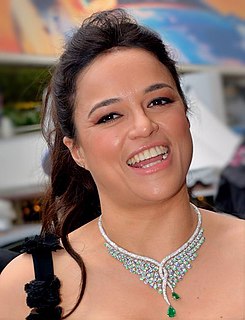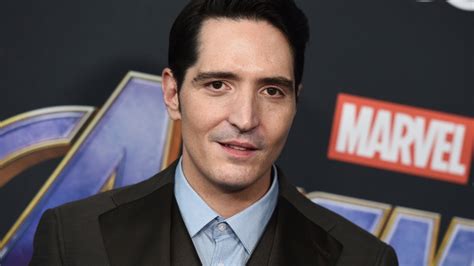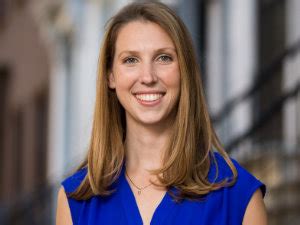A Quote by Marge Piercy
I'm probably the only novelist who has ever written about political fugitives who actually knew a lot about them, had contact with them, and had a realistic notion of how they survived.
Related Quotes
At one campus where I was lecturing, I asked a friend, "How many of my colleagues know I'm gay?" He answered, "All of them." I wasn't surprised. But, just the same, it was kind of spooky, because not one of them had ever given me the faintest sign that he or she knew. If I had spoken about it myself, most of them would have felt it was in bad taste.
Veronika had noticed that a lot of people she knew would talk about the horros in other people's lives as if they were genuinely concerned to help them, but the truth was that they took pleasure in the suffering of others, because that made them believe they were happy and that life had been generous with them
"Only write what you know" is very good advice. I do my best to stick to it. I wrote about gods and dreams and America because I knew about them. And I wrote about what it's like to wander into Faerie because I knew about that. I wrote about living underneath London because I knew about that too. And I put people into the stories because I knew them: the ones with pumpkins for heads, and the serial killers with eyes for teeth, and the little chocolate people filled with raspberry cream and the rest of them.
You never know what's actually going on in a person's life. You don't know what happened to them before you met them...and that's why they are the way they are. But I do think about it whenever I get in contact with my fans. I know this may be the only time they'll ever meet me. I try to take advantage of that moment and be kind and grateful.
The [Booker] prize was actually responsible in many ways for my political activism. I won this thing and I was suddenly the darling of the new emerging Indian middle class – they needed a princess. They had the wrong woman. I had this light shining on me at the time, and I knew that I had the stage to say something about what was happening in my country. What is exciting about what I have done since is that writing has become a weapon, some kind of ammunition.
The first comic book I ever bought, I was in third grade. It was 'Avengers,' I think, #240. I grew up in Kansas City. And I walked into a 7-11. I had seen, like, 'The Hulk' TV series. I knew about comic book heroes. I knew about it, but I hadn't actually had a physical comic in my hands until that time. And it was a big deal for me.
I have written some poetry and two prose books about baseball, but if I had been a rich man, I probably would not have written many of the magazine essays that I have had to do. But, needing to write magazine essays to support myself, I looked to things that I cared about and wanted to write about, and certainly baseball was one of them.
It's been nice, actually, to keep in touch with a lot of the people and families that I've written about. Like with the kids I was just writing about from Guatemala, who survived being kidnapped and fleeing violence, it was nice to just sit down in their living room and play bingo with them, go to dinner with the family. And sometimes not thinking about it in such a mechanistic "I am now coming to report and get what I need" way, but just spending time, helps you see a more natural version of who they are too.






































